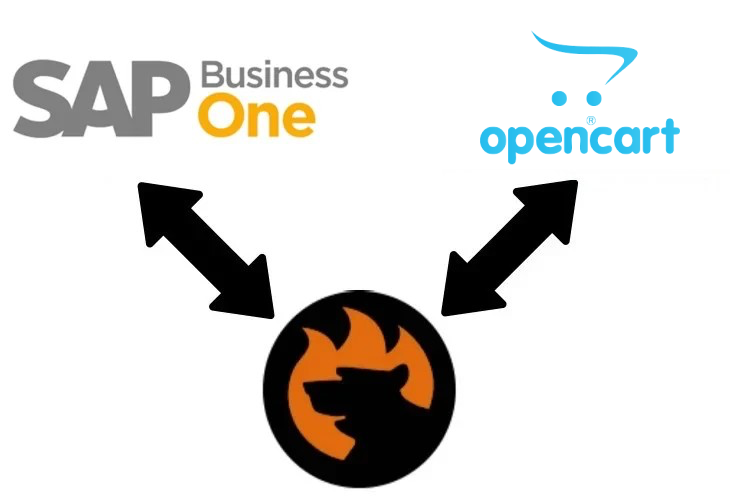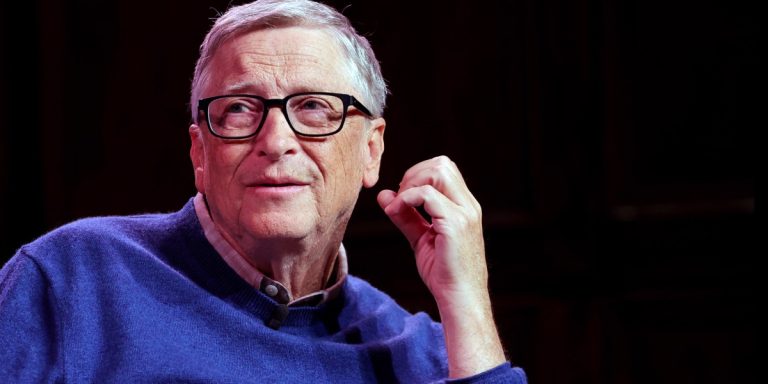
A divorce is typically a private matter that affects a family, with little consequence for the public at large.
But the split between Bill and Melinda Gates could have far-reaching consequences for global health and American life because they are the country’s biggest charitable donors — a sign, as sure as any, of just how central a role billionaire philanthropists play in our society.
In the immediate aftermath of the surprise announcement, everyone from critics of billionaires to former Gates Foundation executives was grasping for explanations about what this could mean for the world’s most important philanthropy. To some, the divorce suggested that major strategic changes could emerge in the years to come, with entire nonprofit sectors and hundreds of billions of dollars hanging in the balance. To others, the Gates’s divorce was not that dissimilar from any other couple’s — a reflection of the ironclad legal commitments they already made, and the family’s stated commitment to work together.
“I think the real story here is not the divorce itself having an impact, but the reaction the public had to the news,” said Megan Tompkins-Stange, a University of Michigan professor who has studied the Gates Foundation closely. “There was widespread fear and anxiety on behalf of the foundation’s current grantees, which in and of itself illuminates the extent to which the Gates’s actions cause ripple effects in the rest of the philanthropic sector.”
The anxiety surrounding the Gates divorce isn’t surprising when you consider what happened when Jeff Bezos and MacKenzie Scott announced their split in 2019. While we didn’t know it at the time, the philanthropic world ended up transformed by their $36 billion divorce settlement. What’s different with this Seattle tech billionaire divorce is that we know that this deal will reverberate in the world of mega-charity in some way or another because of their track record as major donors.
Bill and Melinda Gates created a charitable trust that today manages about $50 billion on behalf of the Foundation — that money is donated irrevocably and cannot be redirected. But there is another estimated $150 billion or so of Gates wealth that currently sits outside the Foundation’s walls, a sum that presumably will be split between the couple in a to-be-announced divorce settlement.
Now that the money is up to their individual — rather than collective — whims, it is possible that the fortune could end up funding different work than it would have previously. When the Gateses jump-started the Giving Pledge a decade ago, the couple wrote that they “had committed the vast majority of our assets to the Bill & Melinda Gates Foundation.” We don’t know whether that will still be the case after the divorce.
So in some ways, the bigger story is the money that has yet to be apportioned to the Gates Foundation and currently sits at places like Cascade Investments, the Gates family’s personal investment shop.
This money, Gates insiders speculate, theoretically might have gone to the Gates Foundation over the next few decades, but now it might go to outfits like Pivotal Ventures, Melinda Gates’s personal investment company focused on gender equality; or to Gates Ventures, her husband’s investment shop.
One former Gates Foundation executive, granted anonymity to offer a candid view, wondered whether Melinda Gates, over time, would focus more of her energy on Pivotal and less on their jointly run foundation.
The Gates Foundation itself is presenting a calm face: The $50 billion philanthropy said that both Bill and Melinda Gates would remain trustees of the foundation. “They will continue to work together to shape and approve foundation strategies, advocate for the foundation’s issues, and set the organization’s overall direction,” a spokesman told Recode.
But while that may be true now, divorces are complicated, and even an initially amicable split can turn acrimonious or tense with time. So it’s impossible to know how exactly the next few years, or decades, will go.
“Even if they’re both clearly leading the foundation, I don’t see any scenario where it’s not going to turn into the things he cares about and the things she cares about,” said another former exec, who described there as already being a “massive, complex field of landmines between the foundation, Pivotal, and Gates Ventures.”
Even people who used to work closely with the Gates couple disagree with one another about how the divorce might affect the foundation. Asked how big a deal this would be for the Gates Foundation, on a scale of 1 to 10, one former executive pegged it with at least a 7. Another prior Gates aide gave it a 3. A third was even more bullish, saying that when it comes to the program, the impact would be a 0 or a 1.
Big changes could come, said one insider, but only once the Gateses are no longer preoccupied with what is sure to be a complex legal process. In the meantime, at least, some of the former executives predict that internal day-to-day matters could grow more paralyzed if the pair ends up struggling to cooperate, especially for people like Gates Foundation CEO Mark Suzman, who will have to manage the board.
But when it comes to the nonprofits themselves that depend on the Foundation’s largesse? There may be anxiety, but less drama than meets the eye.
For now, the dominant feeling in the Gates orbit is a sullen dolefulness for their mentors.






